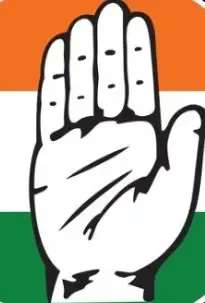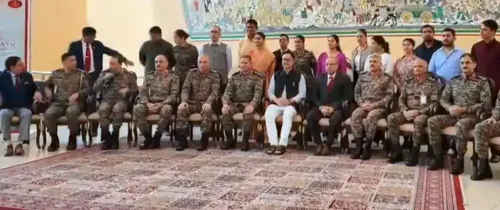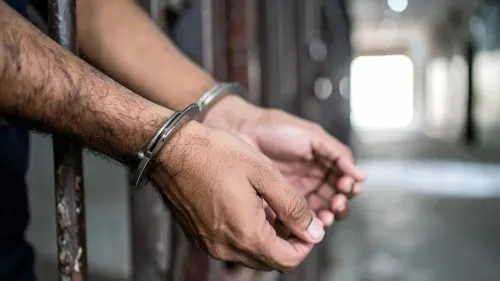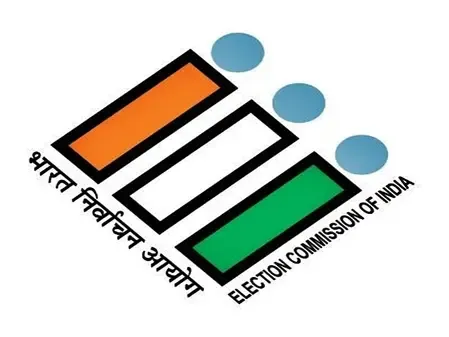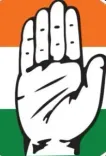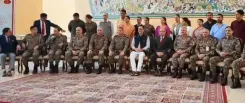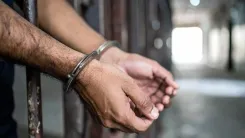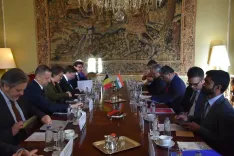Will the New Interim Government in Nepal Create a Path to Peace and Stability?
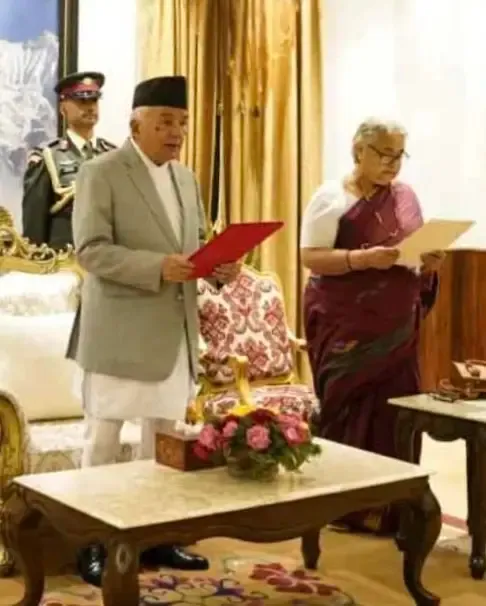
Synopsis
Key Takeaways
- Sushila Karki appointed as Nepal's first female interim Prime Minister.
- India expresses hope for peace and stability in Nepal.
- Political unrest led to the resignation of former PM KP Sharma Oli.
- The interim government is set to conduct parliamentary elections soon.
- Protests have raised concerns about governance and inequality.
New Delhi, Sep 13 (NationPress) India has expressed its support for the establishment of a new interim government in Nepal, led by former Chief Justice Sushila Karki. The nation is optimistic that this political shift will enhance peace and stability in the region.
In a statement from the Ministry of External Affairs (MEA), India reaffirmed its dedication to fortifying relations with Kathmandu during this transformative phase.
“We welcome the establishment of a new Interim Government in Nepal, led by the Right Honourable Mrs. Sushila Karki. We are hopeful that this will aid in promoting peace and stability,” stated the MEA.
The ministry further noted, “As a close neighbor, a fellow democracy, and a long-term development partner, India is committed to collaborating with Nepal for the welfare and prosperity of both our peoples and nations.”
Karki, aged 73, took the oath of office as Nepal’s interim Prime Minister on Friday night, administered by President Ramchandra Paudel, making her the first woman to assume such a prominent role in the country's history. Her ascension came after a tumultuous period of political unrest and widespread protests that resulted in the resignation of Prime Minister KP Sharma Oli and the disintegration of his administration.
According to officials in Kathmandu, Karki emerged as a consensus candidate following an urgent assembly involving President Paudel, senior military leaders, and representatives of the youth-driven protest movement that triggered the political upheaval.
The Gen Z protests, which began due to a contentious ban on social media platforms, quickly evolved into a broader campaign against corruption and the perceived elitism of Nepal's political elite.
This week, the government lifted the ban; however, protests escalated, addressing enduring issues of governance, transparency, and inequality.
Recent reports from Nepal Police indicate that at least 50 individuals have died since the protests escalated into violence on Monday.
President Paudel has assured that the interim government, under Karki’s guidance, will oversee the organization of fresh parliamentary elections within the next six months.

